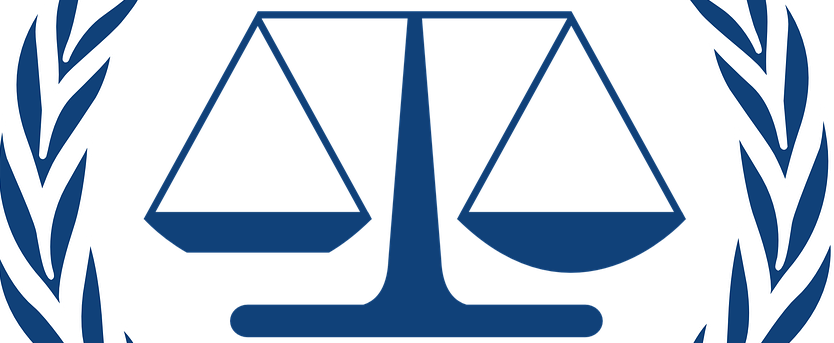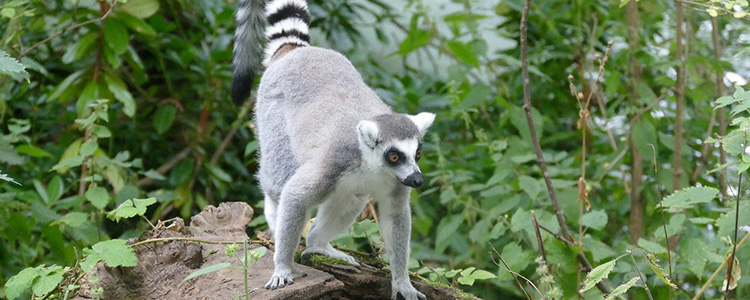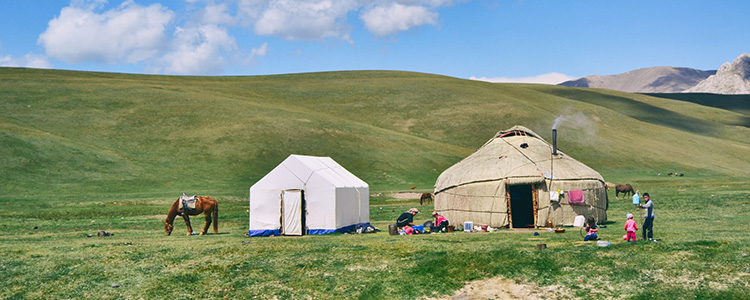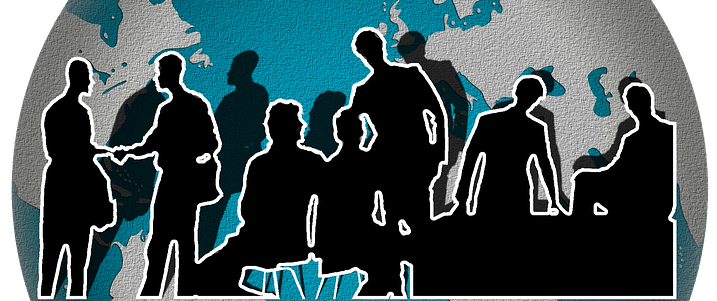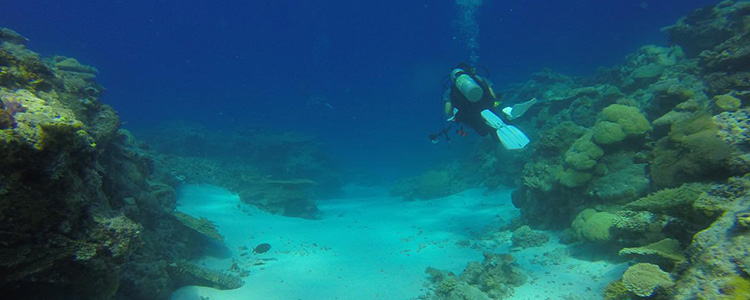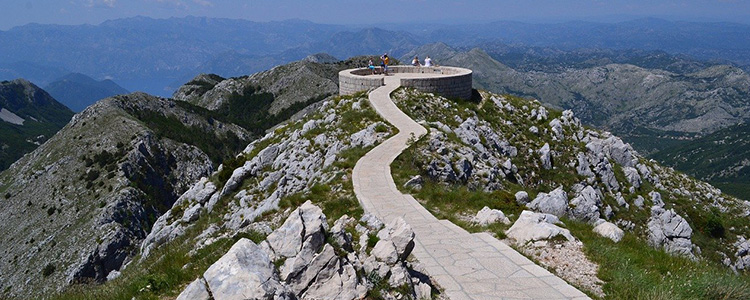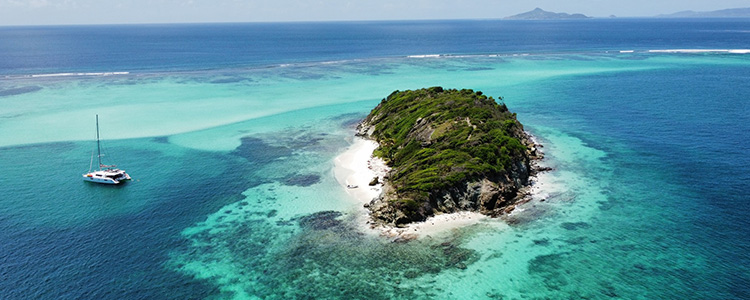Cash: what is it, and should you take it with you on a trip or while backpacking?
What is cash?
- Cash is physical money in the form of coins and banknotes. It is the opposite of digital money (such as debit card payments or mobile apps).
- It varies greatly per country whether cash or digital payments/debit cards are the norm. Some countries hardly use cash anymore, in other countries you can hardly use a debit card anywhere.
What can you use cash for when traveling and backpacking?
- Cash is often indispensable for:
- street food and local markets.
- local transportation.
- small hostels or homestays.
- tips.
- a visit to the toilet.
- areas without debit card facilities or electricity.
- Cash is also useful in the event of a cash machine malfunction, when your bank card does not work abroad or if you have lost your card.
When do you take cash with you when traveling or backpacking?
- When arriving in a country with few debit cards or when you arrive at night.
- When traveling to remote areas (mountains, countryside, islands).
- During festivals, hikes or long bus rides. If you suspect that the local currency is unstable (sometimes it is better to take USD or EUR).
- But: never carry too much cash at once due to risk of loss or theft.
Where else in the world can you buy or get cash locally?
- ATMs – often the best exchange rate, but watch out for transaction costs.
- Exchange offices – check the rate and avoid exchangers on the street.
- Hotels/hostels – sometimes they exchange small amounts, but often at a bad rate.
- Via an app such as Western Union – useful if someone can send you money.
How can you insure cash through your travel insurance
- Most travel insurance policies cover stolen cash up to a certain amount (often between €100 and €500), but:
- Only if you report it to the police
- Only if it was stored safely (e.g. in a safe or money belt)
- Keep proof of withdrawal or exchange transaction, you will usually need this for a claim.







 STORIES
STORIES



